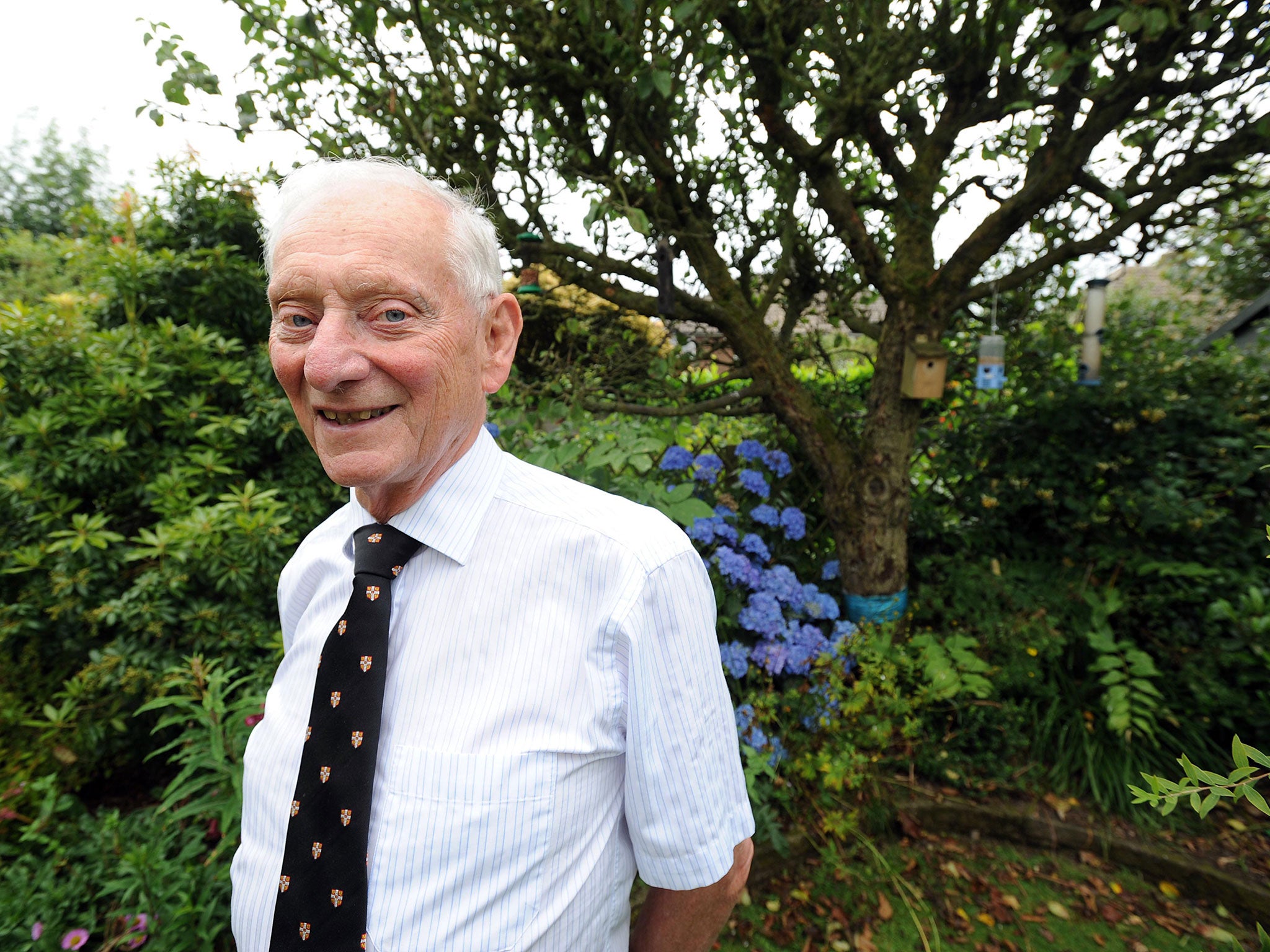Crusader for statins was right about the benefits of the drug after all
A Sheffield GP virtually wiped out heart disease in patients under 7

Your support helps us to tell the story
From reproductive rights to climate change to Big Tech, The Independent is on the ground when the story is developing. Whether it's investigating the financials of Elon Musk's pro-Trump PAC or producing our latest documentary, 'The A Word', which shines a light on the American women fighting for reproductive rights, we know how important it is to parse out the facts from the messaging.
At such a critical moment in US history, we need reporters on the ground. Your donation allows us to keep sending journalists to speak to both sides of the story.
The Independent is trusted by Americans across the entire political spectrum. And unlike many other quality news outlets, we choose not to lock Americans out of our reporting and analysis with paywalls. We believe quality journalism should be available to everyone, paid for by those who can afford it.
Your support makes all the difference.For one retired Sheffield doctor, the furore over recommendations to treat 4.5 million more people with cholesterol-reducing statins had a familiar ring to it. That's because Dr John Revill spent the last 25 years of his career as a Sheffield GP battling health authorities over his policy of "aggressively" using statins to prevent heart disease, strokes and heart attacks.
Before most doctors had heard of statins, Dr Revill was orchestrating a crusade against heart disease. This, he claims, saved more than 100 lives and reduced the death rate from heart disease to near zero in the deprived Greenhill area of south Sheffield, where he practised.
For this reason, Dr Revill was hailed as an "unsung hero" of the NHS when the National Institute of Health and Care Excellence (Nice) issued new guidelines on the use of statins, recommending wider prescribing to millions more people thought to be "at risk" of heart disease. Dr Revill was hailed as a "hero" by leading clinicians for his pioneering work in Sheffield since 1988.
Four in 10 adults in England, Wales and Northern Ireland are now eligible for statins, even though many are at low risk of a heart attack or stroke. The move, Nice says, will save lives. Cardiovascular disease, which includes heart attacks and strokes, is the UK's biggest killer, claiming 180,000 lives a year and is behind one in three deaths.
Statins reduce the build-up of fatty-plaques that lead to blockages in blood vessels.
Crucially, say Nice experts, the crusading doctor left a little-studied legacy of 30 years' worth of "meticulously collected" health and mortality data. And, according to an analysis of his data published in The British Journal of Cardiology last month, Dr Revill almost eradicated mortality from heart disease for patients aged under 70 on his patient list.
"We knew mortality from ischaemic heart disease was directly related to the levels of low-density lipoprotein cholesterol, and that by offering healthy lifestyle advice and prescribing statins to at-risk patients, we could eliminate mortality from these diseases," Dr Revill, who retired last year, told The IoS. And according to his own "carefully collected" figures, deaths from cardiovascular causes in the under-70s "dropped by nearly 90 per cent" between 1981 and 2012, while deaths from heart disease dropped by "more than 50 per cent" in the same period.
Dr Revill, years ahead of official guidelines, prescribed statins to patients at 15 per cent risk of heart attacks, when the national guidance then suggested only prescribing to those at 30 per cent risk.
Dr Revill admits that he was "effectively forced out by the local health authority" over his policy of aggressively prescribing statins, but adds that he doesn't "condemn them". He said: "That was just the way it was then, and for my part I couldn't turn around and tell patients that I wouldn't prescribe a treatment that I knew to work."
Join our commenting forum
Join thought-provoking conversations, follow other Independent readers and see their replies
Comments